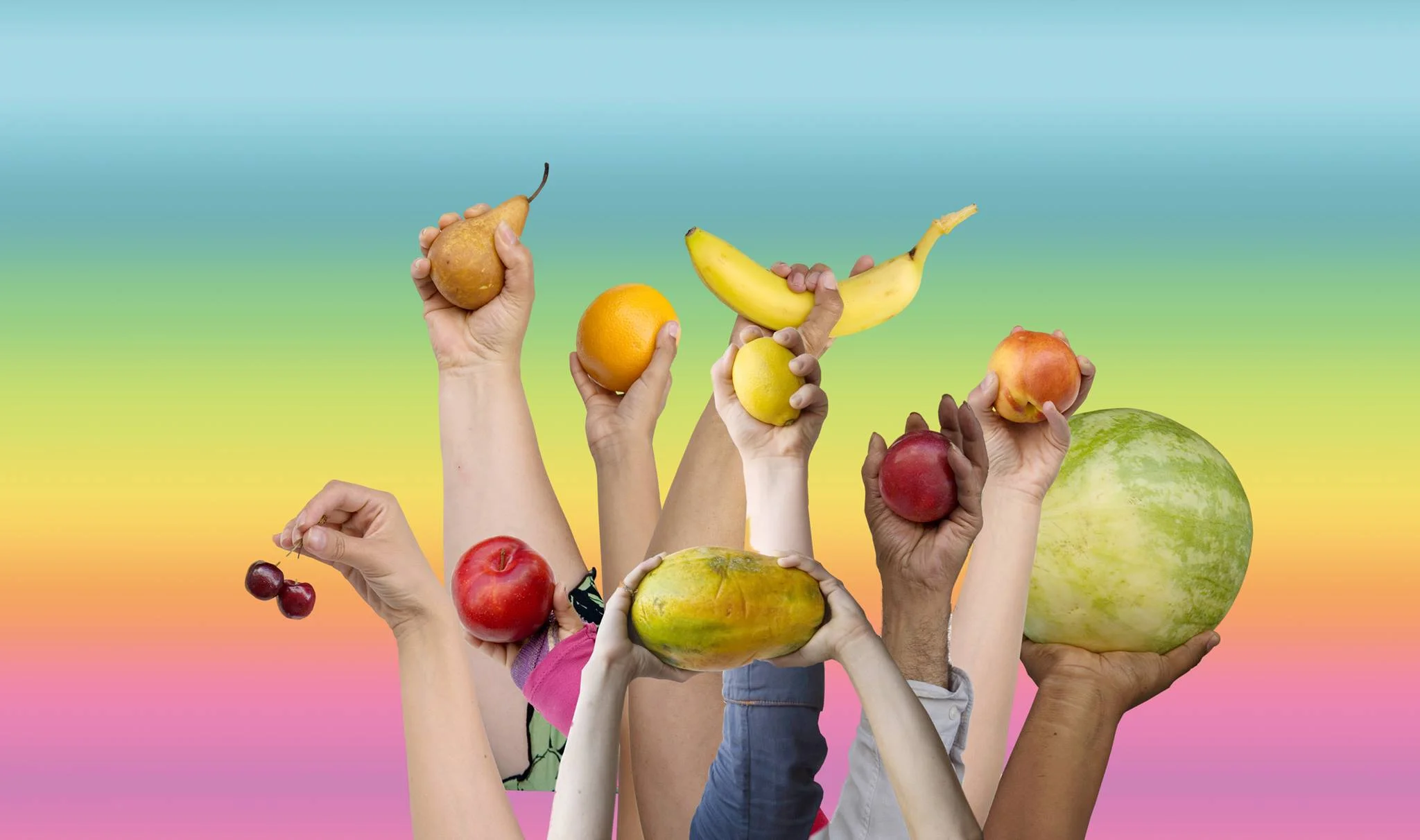Amy Franceschini is an artist and educator who creates formats for exchange and production that question and challenge the social, cultural and environmental systems that surround her. An overarching theme in her work is a perceived conflict between humans and nature, and her projects reveal the ways that local politics are affected by globalization. In 1995, Amy founded Futurefarmers and in 2004, she co-founded Free Soil, an international collective of artists, activists, researchers, and gardeners who work together to propose alternatives to the social, political and environmental organization of space. In 2008, Amy worked with the City of San Francisco to transform the plaza in front of City Hall into a modern victory garden, and to build gardens in people’s back yards. She is currently sailing from Oslo to Istanbul as part of Seed Journey, bringing seeds found in Norway and other points in the northern hemisphere to their center of origin in the Middle East and connecting with seed savers, farmers, bakers, activists and others along the way. Amy grew up on a farm in the Central Valley of California. In this episode, Amy talks with Chelsea about her victory gardens project in San Francisco, a Seed Journey to the Middle East, and the importance of not finding a common language.
Photo: RS 10 Christiania by Martin Høy

